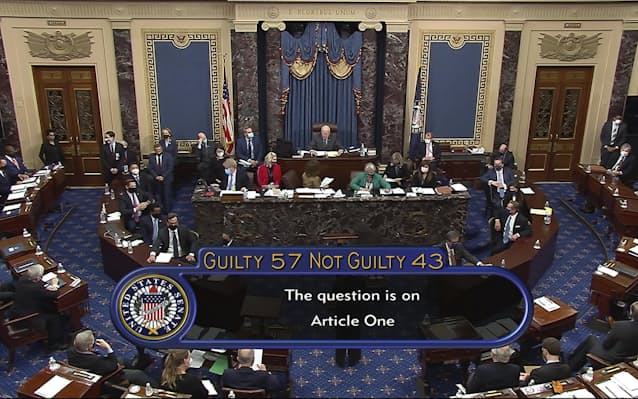Talks between US and China: Tension Must Be Eased through Dialogue
Three weeks have now passed since the change of administrations in the U.S. For the first time since taking office, President Joe Biden spoke by phone directly to President Xi Jinping.
During the Donald Trump administration, tension increased so significantly that the period was referred to as the “New Cold War.” Now, the world is watching closely to see whether that fractious relationship will change.
What we can glean from the official statements of both sides after the phone call is that the two leaders are trying to understand each other, and searching for an opportunity to promote positive change.
President Biden said the two discussed issues such as tackling COVID-19 and climate change, and Biden stressed that he “will work with China when it benefits the American people.”
In contrast to the previous administration, Biden is not taking a comprehensive position opposing China, but instead seems to be taking an unbiased issue-by-issue approach. In return, Xi has called for reestablishing “various dialogue mechanisms.”
The relationship between the U.S. and China should not be a power struggle that draws on nationalism. Both countries should focus on expanding areas where they share interests to avoid global polarization.
However, the differences between the two countries were made clear even in the phone call.
First, there is the issue of trade. Biden pointed to China's “coercive and unfair economic practices.” Certainly, issues such as trade barriers in the Chinese market have yet to be sufficiently remedied.
China must change its practice of arbitrarily using trade to levy foreign sanctions. Similarly, America must also refrain from the kind of reckless tariffs enacted by the previous administration.
Military tension is also on the rise. China is increasing provocations in the Taiwan Strait with the use of fighter jets and other aircraft, while the U.S. military recently conducted exercises with two aircraft carriers in the South China Sea.
Confrontation over human rights violations in places such as Hong Kong and Xinjiang is likely to continue. In the call, Biden voiced his “fundamental concerns” about Taiwan, while Xi considered these issues to be China's affair.
Ultimately, bridging the gulf between the Biden administration, which respects democracy and the rule of law, and the Communist Party system, with its increasing authoritarianism, is an exercise fraught with tension.
It is only natural that Biden would emphasize cooperation with other nations when confronting America's serious rival.
The U.S. is reportedly seeking to establish a four-nation summit with Japan, Australia and India. This would be a new experiment, but it must not be based on a Cold War mindset that aims to contain China.
The principal countries of the Asia-Pacific region, which share the principles of democracy and human rights, should lead the charge in creating a moderate order while involving China. Both the U.S. and Japan must also strive toward this goal through careful diplomacy.

